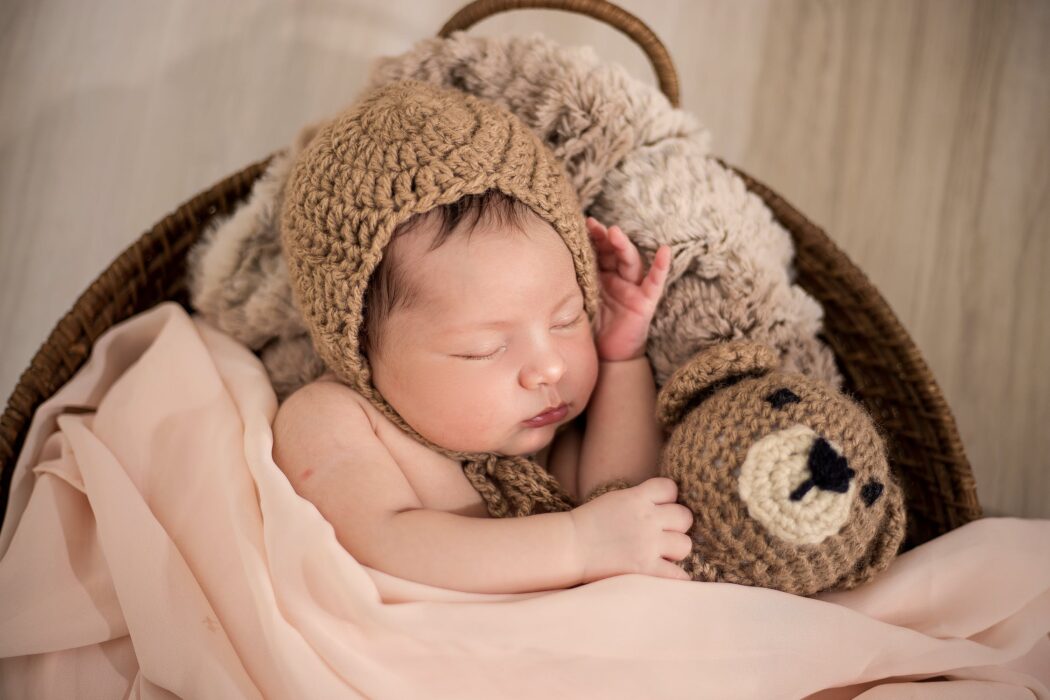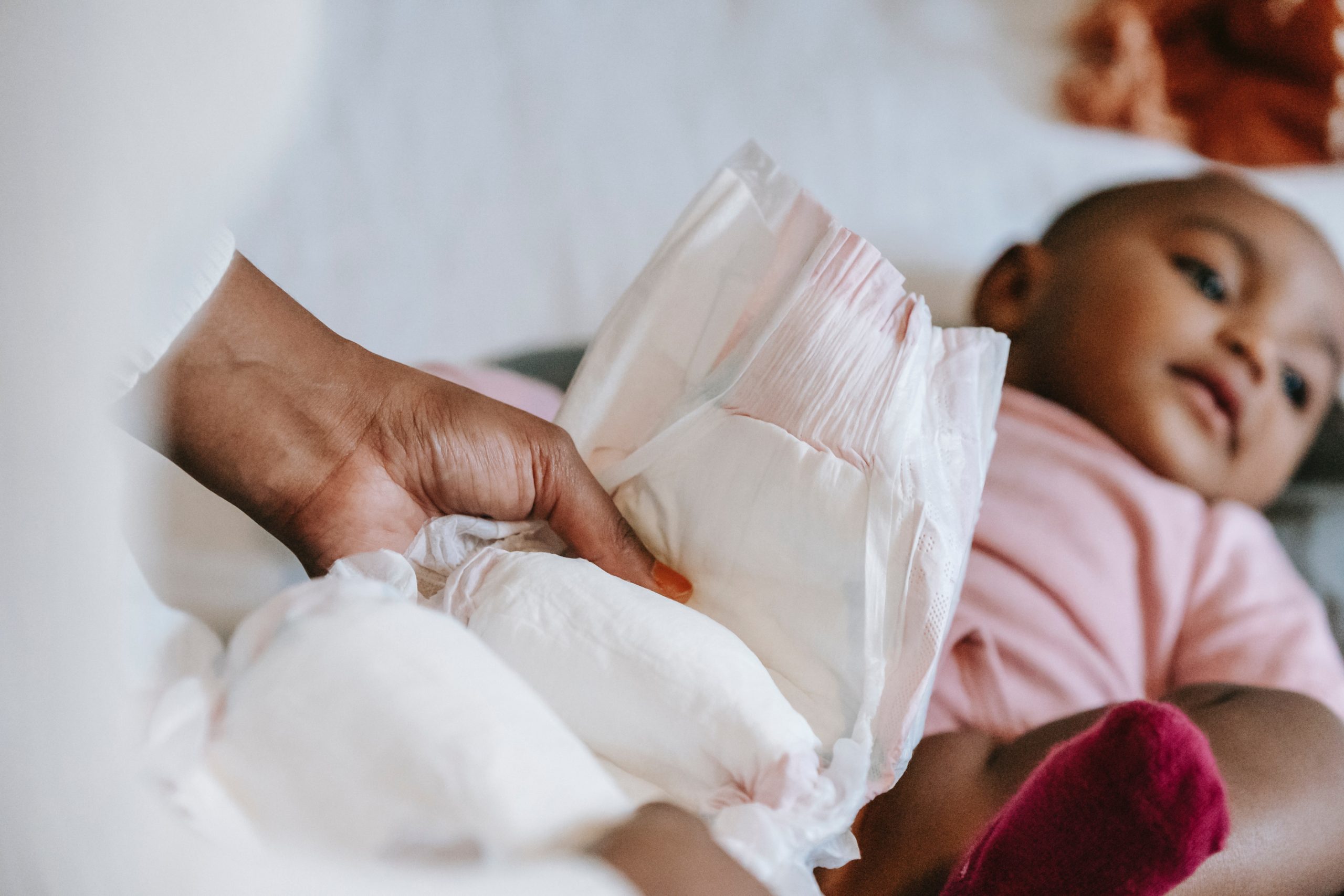Parental bonding affects mental, physical, intellectual, social and emotional development and influences how well a child does in later life.
By responding to a baby with love, warmth and care, parents become a trusted person in that baby’s life. The bond that is created is not based on the quality of parental love or care but on nonverbal communication between a parent and newborn.
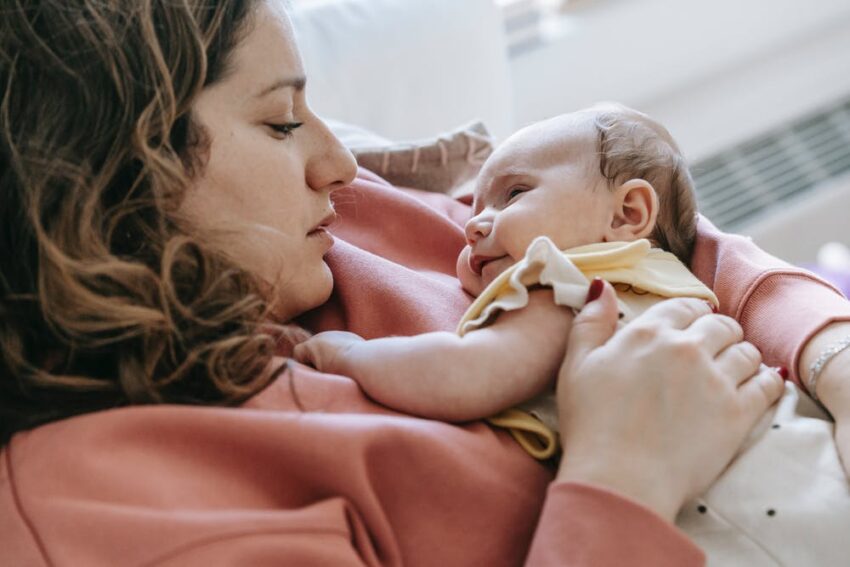
The first few days of a baby’s life are the perfect time for bonding to take place. A baby is innately wired to initiate bonding relationships at this time. Crying, cooing and making noises, smiling, searching for the breast, and seeking eye contact are cues to which a parent can respond.
A baby’s brain development, as well as their social, emotional, and cognitive development, depends on a loving bond with a parent or primary caregiver.
A baby’s brain development, as well as their social, emotional, and cognitive development, depends on a loving bond with a parent or primary caregiver. Studies have shown that parental inconsistency and a lack of bonding can lead to long-term mental health problems and reduced overall happiness.
When a parent responds consistently to a baby’s needs, it nurtures a growing child’s ability to express a full range of emotions.
It is a myth that responding quickly to a crying baby by holding and nursing them will result in spoilt baby.
It is a myth that responding quickly to a crying baby by holding and nursing them will result in spoilt baby. Babies that are held and comforted during the first six months of life tend to be more secure, confident toddlers and older children.
A poor parent-child bond can result in limited social, coping and problem-solving skills, tantrums, clinginess, being withdrawn, or aggressive behaviours. The negative effects of insecure bonding often impact a child throughout their developmental years.
Bonding promotes confidence, enables a baby to tolerate separation from their parents, and eventually helps infants learn how to soothe themselves which results in less crying and fussiness.
The parent-child bond is strengthened through this attachment and the life-long emotional connection that is established helps a child develop independence.
Research has shown that secure bonds developed in childhood produces adults that enjoy stable, satisfying ties with their intimate partners and are better at resolving relationship conflicts.
Like mothers, dads need to bond with their babies, too. So do siblings.
Like mothers, dads need to bond with their babies, too. So do siblings. All members of the family should take some quiet time to hold the baby, gaze into their eyes, talk to them and comfort them when they are distressed.
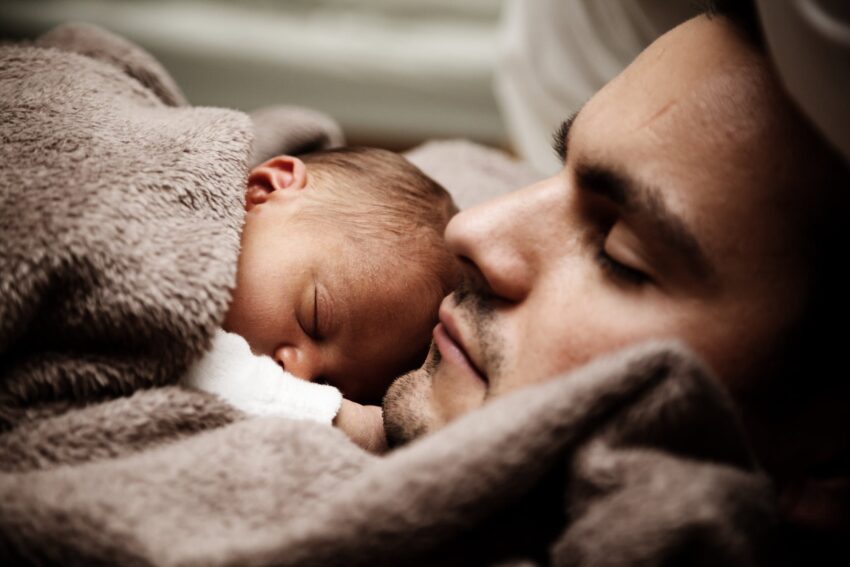
Some ideas that can assist with bonding include:
- Regularly touching and cuddling the newborn. By cuddling a baby on the left side of the chest they can hear their parent’s heartbeat, making them feel secure.
- Gently stroking the newborn during bath time or nappy changes.
- Responding to crying to let a baby know that a parent is always there.
- Rocking or holding the newborn, skin on skin, or carrying them in a carrier or sling to keep them close.
- Wrapping the baby to simulate the security they felt in the womb.
- Talking to the baby in soothing, reassuring tones which helps them recognise the sound of a parent’s voice. When talking to a newborn, look into their eyes and make facial expressions so they can connect words with feelings.
- Singing to the newborn or playing soothing music.
Some parents bond more easily with their baby than others. It’s okay for a parent to not feel an instant connection with their newborn.
Studies have shown that about 20% of new mums and dads feel no real emotional connection to their newborn in the hours after delivery.
Studies have shown that about 20% of new mums and dads feel no real emotional connection to their newborn in the hours after delivery. Bonding can be especially difficult if a mother has had a caesarean section, or the baby was born prematurely and spent time in the neonatal intensive care unit (NICU).
Sometimes the connection between parent and child can take weeks or months to develop, so parents shouldn’t feel guilty or anxious about not beginning the bonding process immediately.

An overwhelmed, stressed, anxious, or depressed parent may not be aware of the positive emotional interaction that a baby needs to bond. Parents should do the best they can to engage in self-care and deal with negative emotions, so they are better equipped to bond with their child.
It’s important to remember that given the speed at which a baby’s brain develops, it is possible to repair the parent-child bond.
Parents are not perfect. No one can be fully present and attentive to their child’s needs 24 hours a day. It’s important to remember that given the speed at which a baby’s brain develops, it is possible to repair the parent-child bond by figuring out what the baby needs and attending to it.
By doing this, parents can re-establish the bonding process and may even strengthen the bond between themselves and their baby.
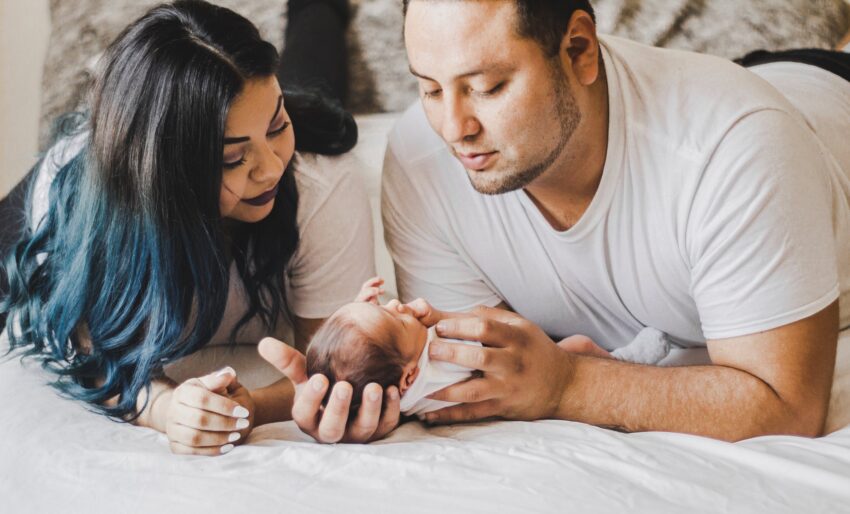
These suggestions may help to encourage the bonding process:
- Take the time to enjoy being with a newborn by simply cuddling, singing, or reading aloud to them.
- Consider things from the baby’s perspective. Imagine what they are looking at, feeling, or trying to do.
- When it comes to eating, sleeping, and playing be flexible and respond to the baby as they need. Most newborns don’t have a fixed day/night routine.



